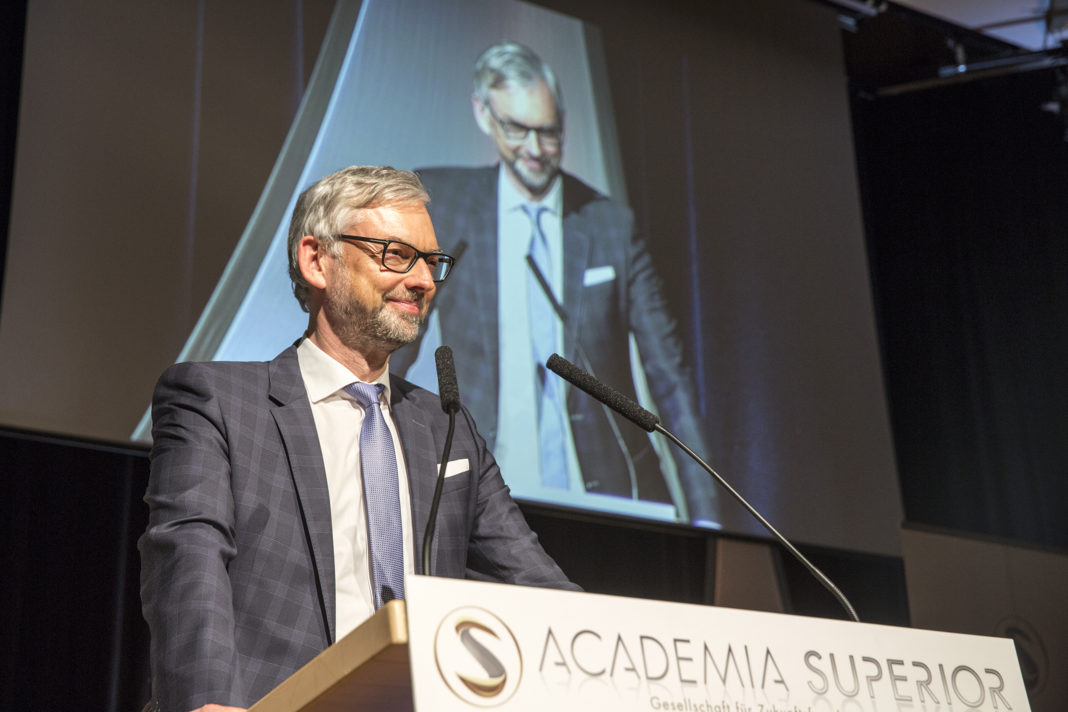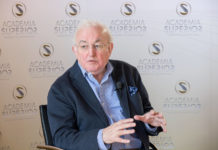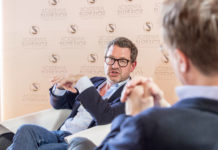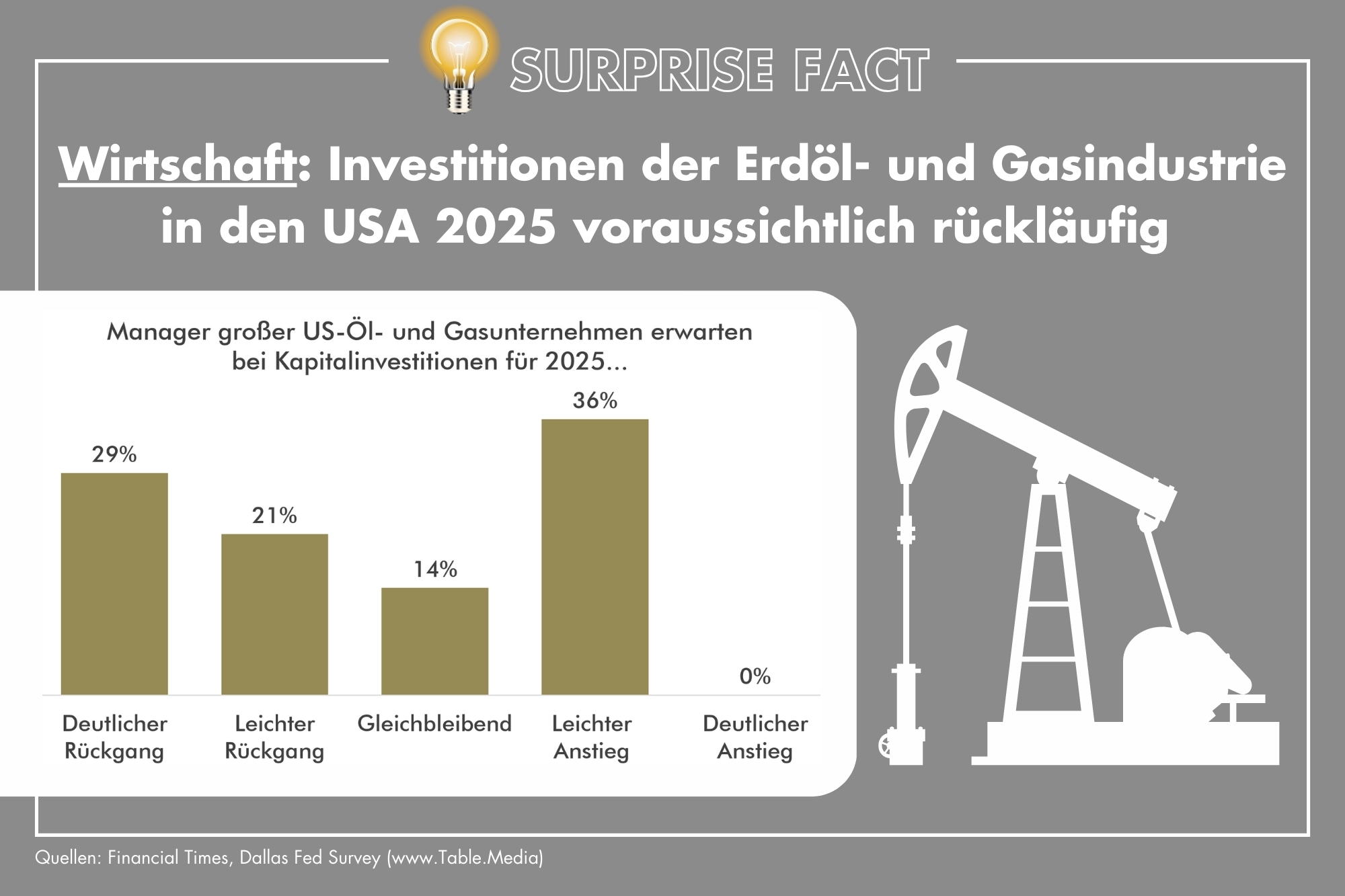Control is a necessity of our time
We live in a time when it sometimes feels like the world is falling apart. Terrorist attacks in the middle of Europe, the withdrawal of the United Kingdom from the EU, the election results in the US with all their implications for the economy, security and climate policy, cyber attacks, fake news, media bubbles and much more.
„People’s worries are not taken seriously by fueling them.”
We live in a time of radical change. On the one hand, this offers great opportunities which need to be recognized and embraced, while on the other hand, uncertainties and risks increase. Trust in institutions and fellow human beings seems to be declining. It becomes more and more difficult for many people to understand the present; the future is less predictable. This often results in an undefinable feeling of loss of control and disorientation as well as in concerns about the personal and societal future. It explains the increasing desire for control, for security, for outward delimitation and for simple explanations.
When it comes to the issue of control, the attitude of our modern, enlightened and freedom-oriented societies is very ambivalent: As individuals, we prefer to be controlled as little as possible, but at the same time, we want to exercise great control. We want to determine our own lives and actions; we reject excessive bureaucracy, regulation and paternalism. At the same time, we want to make sure we are on a regulated and secure path. We want to be able to rely on things and to trust the future. However, this desire to control as much as possible on the one hand and – at the same time – not to be controlled creates tensions and cannot be fully reconciled with our living together.
Creating trust
What are the answers to these developments? The task of politics is to take the fears of people seriously. However, you don’t achieve this by heating up populist debates but by using strategic foresight to create a framework that allows for trust and security, a framework that combines control with responsibility.
Particularly in the age of digitalization, everyone becomes more transparent. Individual actions can be better identified and monitored. New methods of big data analysis enable companies, political parties or states to assess and influence people more and more through their digital user behavior. The following rule has to be applied to the digital world as well: The greater the intrusion into privacy, the greater the protection against abuse has to be.At the moment, however, we are running the risk that the right level of control itself is getting out of control.
There are worrisome hints that there have already been successful attempts to influence elections by fake news and automated chatbots in the social media. At the same time, independent media, which are one of the pillars of democracy, are increasingly confronted with the challenge to demonstrate and defend their independence and integrity. We have to find answers soon to the question of how you can build up more trust again in the digitized world.
„Innovation requires self-responsibility, not control.”
Trust is based on reciprocity. Our society builds upon this common consensus of cooperation. Freedom of action and self-responsibility are the fuel for innovation and development. They are the reason why “freedom societies” have made the world a better place and “control societies” have failed repeatedly. This is why control is good, but trust is better.
There is no control without the loss of control, no stability without instability, no certainty without uncertainty. The world is not really out of control. The world wants to be shaped. And it’s up to us to embrace the responsibility for that.







